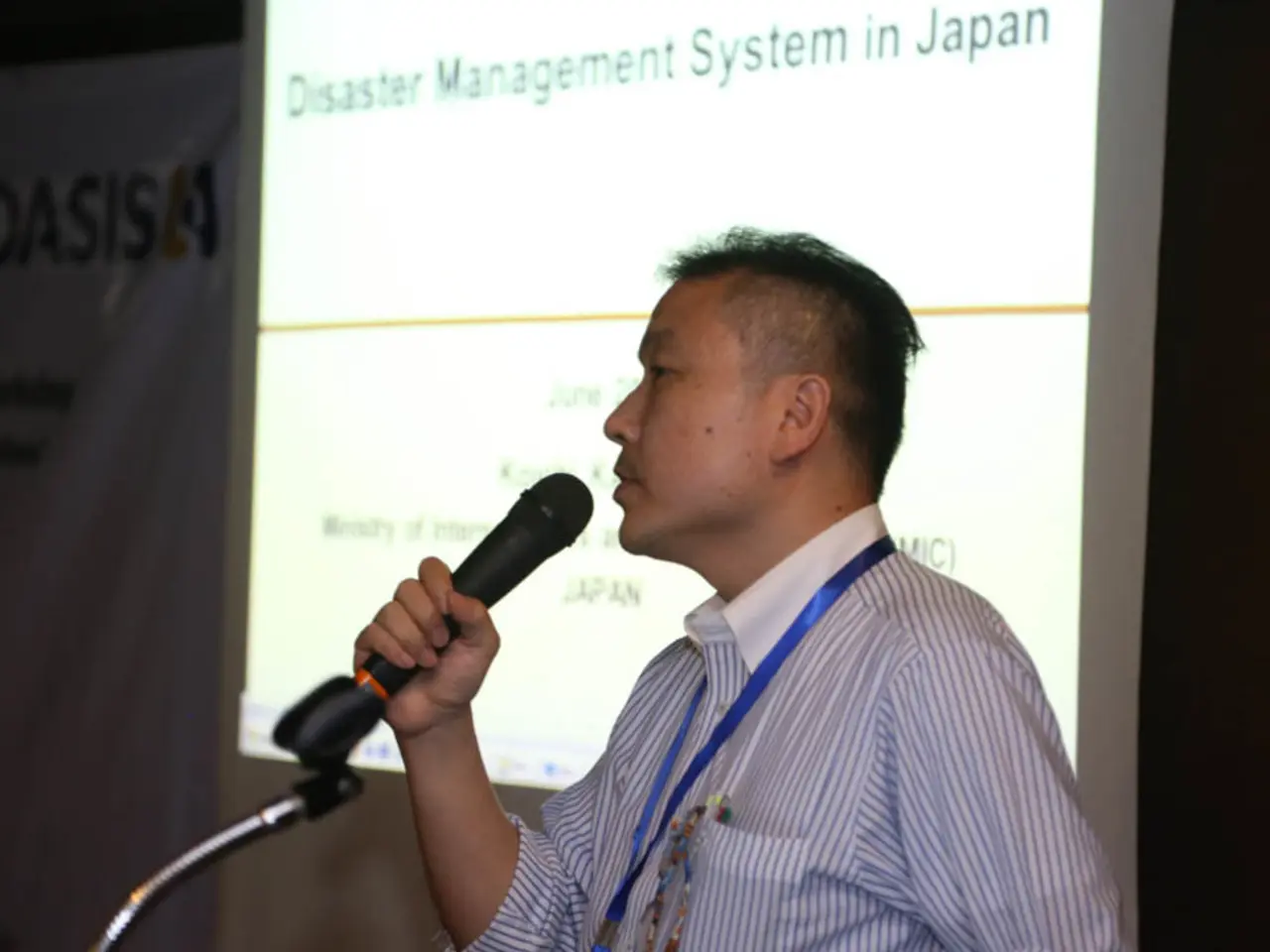Japanese corporation reviews plans for building the nation's initial nuclear power plant since the Fukushima disaster - Japan-based firm initiates nuclear reactor building project, marking the country's first such endeavor since the Fukushima disaster.
In the aftermath of the Fukushima nuclear disaster in 2011, Japan has been without new nuclear reactors, marking a significant pause in the country's nuclear energy programme. However, latest developments suggest that the landscape may be changing, with Kansai Electric taking initial steps towards building the first new nuclear reactor since the disaster.
The Fukushima disaster, the worst nuclear incident since the Chernobyl catastrophe in 1986, occurred when a 15-meter high tsunami struck the Fukushima coastal nuclear power plant following a major earthquake. The disaster led to the failure of the cooling system, causing a meltdown in three of the plant's six reactors. The event prompted Japan to shut down all its nuclear reactors.
Since then, no new nuclear reactors have been completed or started construction in Japan. The last nuclear reactor constructed before the Fukushima disaster was the No. 3 unit at Hokkaido Electric Power Co.'s Tomari plant, which began operation in 2009.
However, as of July 2025, Kansai Electric is conducting geological surveys with the potential aim of building a successor to one of the reactors at the Mihama nuclear power plant, located north of Kyoto. The Mihama nuclear power plant was also affected by the shutdown following the Fukushima disaster. It's important to note that construction has not yet started, and the project may take many years before becoming operational.
Despite the Fukushima disaster, the Japanese government and large companies continue to support nuclear energy as a reliable and clean source of energy. The need for more electricity for artificial intelligence (AI) and data centers is another factor driving the call for more nuclear power in Japan. Large companies in the country have expressed their support for nuclear energy, citing the need for a stable energy supply to meet the growing demand for AI and data centers.
It's worth mentioning that numerous nuclear reactors in Japan have been restarted since the Fukushima disaster, following safety checks and regulatory approvals. However, the construction of a new reactor remains a contentious issue, with concerns about safety and environmental impact.
The ongoing investigation for a possible replacement of one of the reactors at the Mihama plant, which was put on hold in 2011, has not yet provided any new information. The progress of this investigation and the future of nuclear energy in Japan will be closely watched as the country navigates its energy needs in the coming years.
References: [1] Japanese nuclear reactor plans revived after Fukushima (BBC News, 2025) [2] Kansai Electric to survey potential site for new nuclear reactor (Nikkei Asia, 2025) [4] Japan's energy policy: A shift towards renewables and nuclear (The Guardian, 2025) [5] The future of nuclear power in Japan (Asia Times, 2025)
- Despite the ongoing concerns and controversies, the science behind nuclear energy has not diminished its appeal to some EC countries, especially Japan, where the industry continues to view it as a reliable and clean source of energy, essential for meeting the growing demands of energy-intensive sectors such as medical-conditions research, finance, and the emerging industry of AI and data centers.
- In the realm of employment policy, the potential construction of a new nuclear reactor in Japan by Kansai Electric could have significant implications, potentially creating thousands of jobs in the energy sector and related industries, while also contributing to the country's overall energy security.
- As the ongoing investigation for a possible replacement of one of the reactors at the Mihama plant progresses, energy policy in EC countries will remain closely tied to the medical-conditions, finance, science, and industry sectors, as the world continues to seek sustainable and efficient energy solutions.




